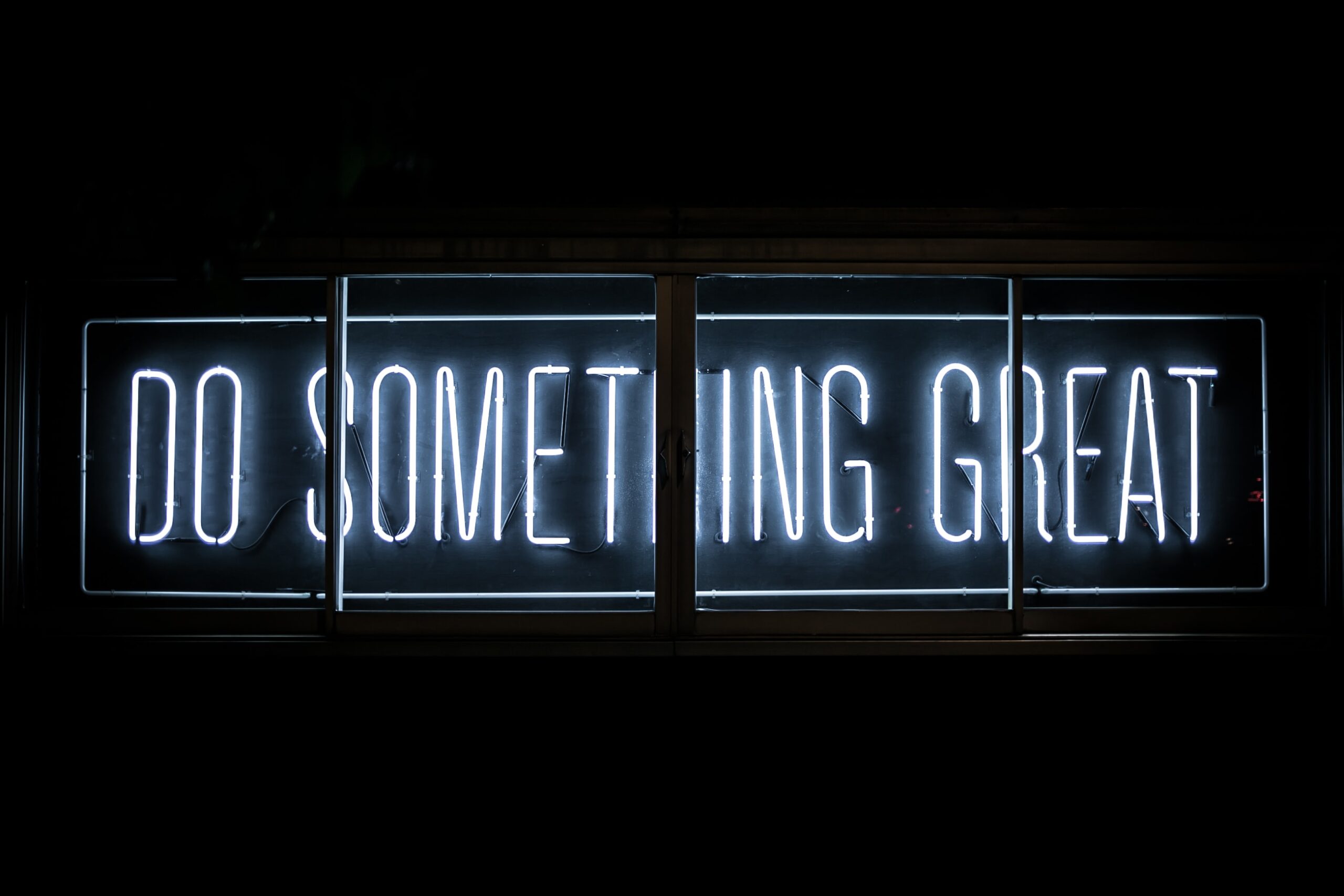
In fact, some find it difficult to come up with a good business idea. And still others have so many ideas that they don’t even know which of them should be implemented first. What both groups have in common, however, is the question of the sustainability of the business idea. In other words, how good is the business idea? Can it become a successful business in the long term?
That’s exactly what I want to check with you. That’s why I’ve prepared six questions for you to ask yourself and answer honestly.
6 questions for a long-term successful business idea
In theory, a business idea is good if it solves a concrete problem. But even then, success is not preprogrammed. Maybe the idea is good, but not particularly cost-effective, so no real significant profit can be made.
If you have a good idea, but you are not sure whether this idea provides the basis for a long-term successful business, then ask yourself the following questions:
Are you solving a common problem?
The first question should be easy to answer. Think about your business idea and ask yourself: Does the idea address a common problem, that is a problem that many people have? Does it make life easier, save time? Yes? Very good. Because it should. After all, it makes little sense to want to launch a novel function that no one has ever needed. No matter how sophisticated it may be. Besides, the problem you’re trying to solve with your idea should be widespread.
Will people pay for your solution?
Imagine that you were not the one who had this business idea. But someone else and that someone comes to you and asks you if you would pay for the product or service. And not only that. It’s also about how much you would pay. Answering these two questions should let you know right away if your idea has potential for success.
Can you scale your business idea?
Scalability. This word follows me since university. In general, you can say that the word ‘scaling’ describes a change in size. So for you, it means: increase in size, expansion, more orders, higher profits. At least that should be the vision. Implementing your business idea and earning money with it is only the first step. To turn your business idea into a flourishing business, your idea needs room to grow.
The technical term: scalability. Can your business idea gradually expand into new markets? Can you develop new, improved models of your product? Can you significantly expand your service? Or can you expand your business idea into other areas, inspire new audiences to grow further? If your idea is not scalable, i.e. it can only exist in its current form, then it may not be worth pursuing further.
Did someone else already have this idea?
A very important question that can be easily answered with a quick look at Google. Can you find other companies there that have already implemented your idea? If you have a great idea, chances are high that someone else has already thought about it. If you find at least one competitor on Google with your idea or a version of your idea that is as good or even better than yours, that doesn’t mean the end of your idea.
But: Think about how you can modify and refine your idea. To do this, take a close look at your competitors. What are they doing? What can you do better?
Could everyone do what you’re trying to do?
Imagine for a moment that your idea has not yet been implemented by anyone else. If you now present your idea to the world, launch a prototype or offer a preliminary service (in short: release the beta version of your business idea), how easy would it be for someone to reproduce your idea? How easy do you think it would be to make a subtle improvement? If your idea isn’t unique or easy to copy, chances are high that unloved imitators will quickly find themselves snatching your idea.
Can your business idea last more than one year?
At first, this seems like an obvious question. After all, sustainability means nothing other than that your business idea will work in the long term. But answering this question is much more about critically questioning the origin of your idea. Is your idea based on a current trend? If so, you should be aware that trends can rarely be sustained over the long term. Better: A long-term solution for a long-term problem.
If you can answer all these questions to your satisfaction and additionally support your estimates with well-founded market research, you have a good chance of turning your idea into a successful company.
Brainstorming is only the first step in the entire start-up process. What follows is thorough research, a business plan, the choice of legal form, the choice of company name, a business registration and so on and so forth. It’s a long trial-and-error process. But with confidence in your idea, you’ll get off to a good start with your own business.
No business idea yet? Or you don’t know, for example, how you can earn more money with SEO? Or how to get strategies and tactics that will help you attract more visitors, prospects and customers to your business?
Then subscribe to our newsletter now and learn everything you need to know.
All the best,
Fabian
